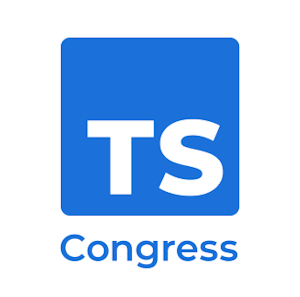116 min
Advanced TypeScript types for fun and reliability
Workshop
If you're looking to get the most out of TypeScript, this workshop is for you! In this interactive workshop, we will explore the use of advanced types to improve the safety and predictability of your TypeScript code. You will learn when to use types like unknown or never. We will explore the use of type predicates, guards and exhaustive checking to make your TypeScript code more reliable both at compile and run-time. You will learn about the built-in mapped types as well as how to create your own new type map utilities. And we will start programming in the TypeScript type system using conditional types and type inferring.
Are you familiar with the basics of TypeScript and want to dive deeper? Then please join me with your laptop in this advanced and interactive workshop to learn all these topics and more.
You can find the slides, with links, here: http://theproblemsolver.nl/docs/ts-advanced-workshop.pdf
And the repository we will be using is here: https://github.com/mauricedb/ts-advanced
Are you familiar with the basics of TypeScript and want to dive deeper? Then please join me with your laptop in this advanced and interactive workshop to learn all these topics and more.
You can find the slides, with links, here: http://theproblemsolver.nl/docs/ts-advanced-workshop.pdf
And the repository we will be using is here: https://github.com/mauricedb/ts-advanced


